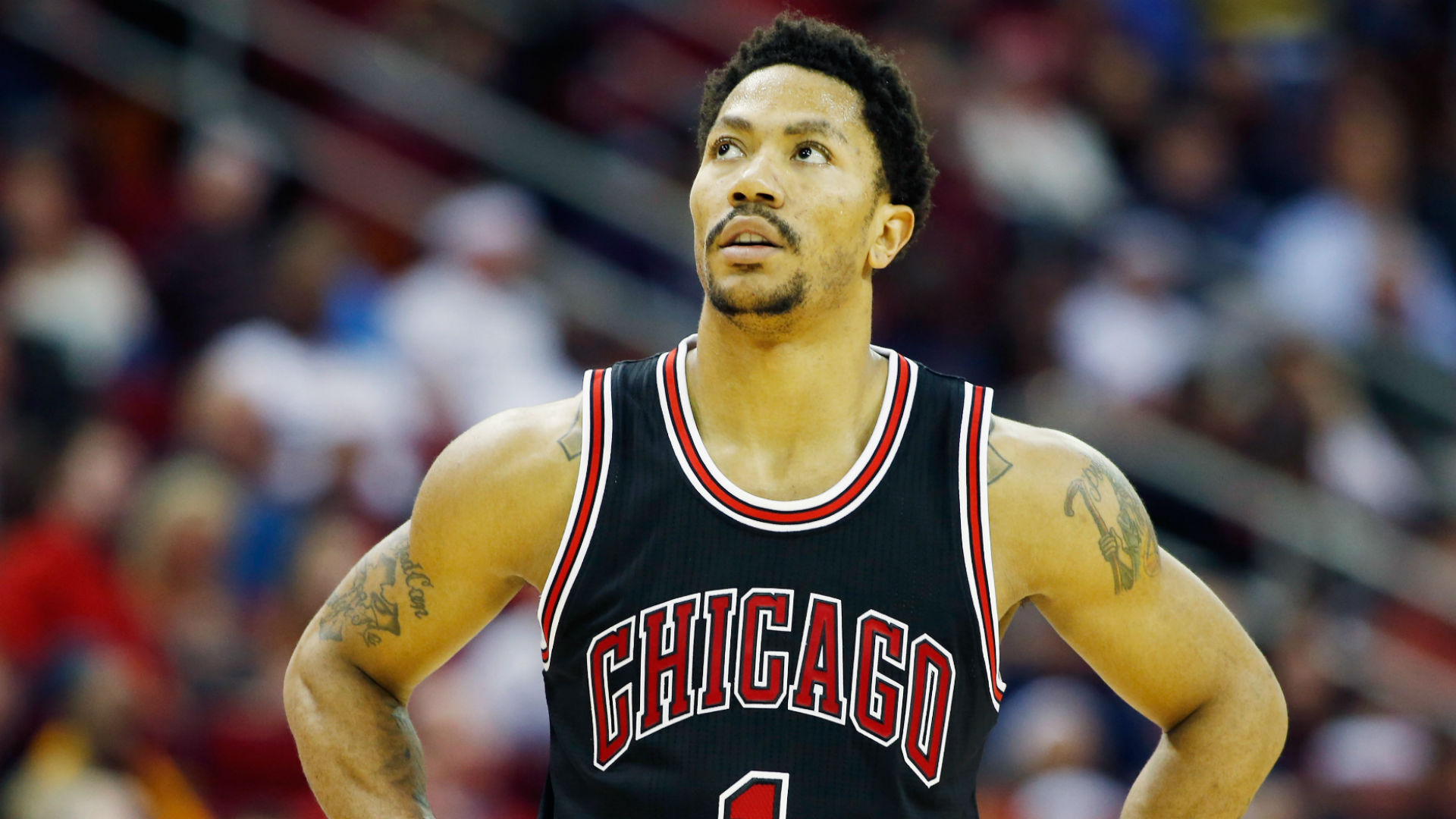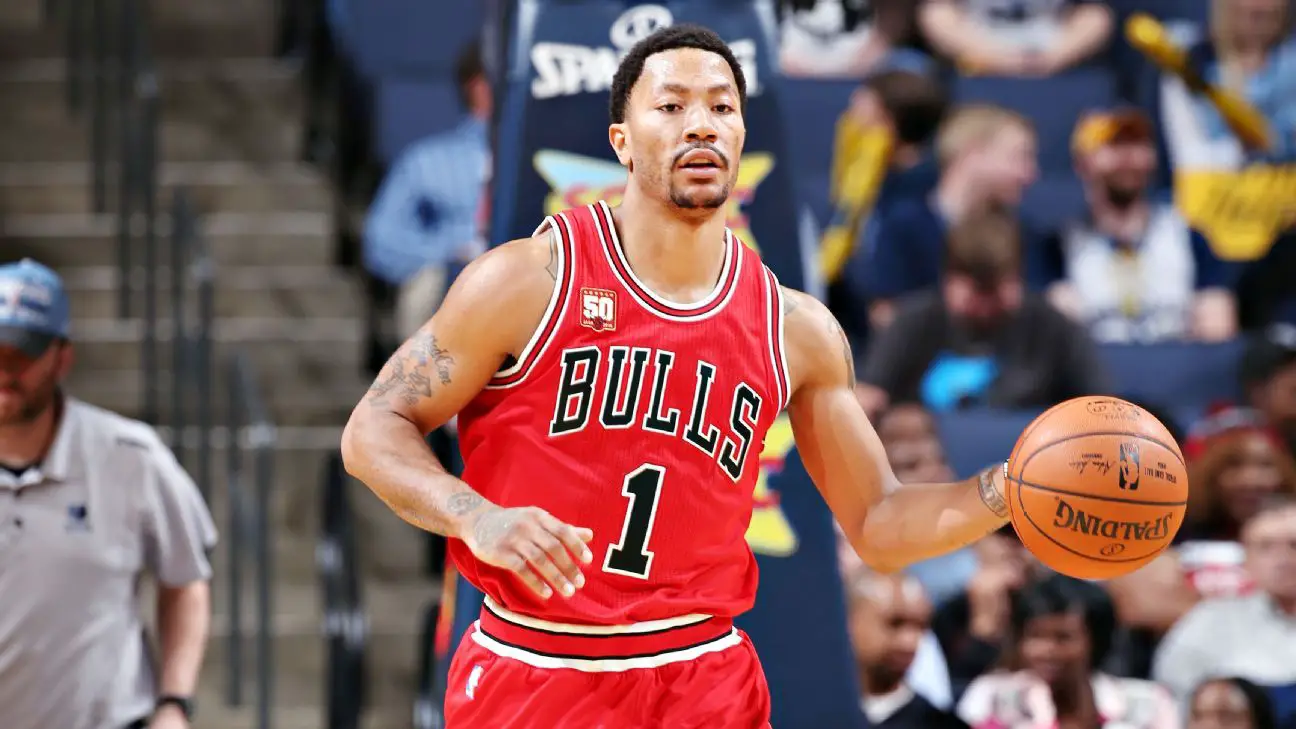The War on Rape Victims
After being accused of sexual assault, NBA superstar Derrick Rose is still expected to keep his job, his money and his fans.
By Lauren Grimaldi, Roosevelt University
Former Chicago Bulls superstar Derrick Rose is in enormous legal trouble, and it seems like he will sink to the lowest point to try and get out of it.
A woman using the pseudonym of Jane Doe filed a lawsuit against the New York Knicks guard last year and accused him and a number of friends of gang-raping her in her home.
When the woman filed the civil suit, the court granted her the lawful right to anonymity. Meaning, while the case and her accusations against the popular athlete would be public, her name would not. However, her identity is becoming well known in the dark corners of the internet, where people seem more than inclined to release any information on a woman accusing a star sportsman of sexual assault.
But now, Jane Doe will be required to reveal her identity during the trial. The judge granted Rose and his lawyers the erasure of the plaintiff’s right to anonymity. The decision could turn the case on its head. Women who accuse famous people—athletes or not—of sexual assault are persecuted by many despite the evidence they may have for their case. It’s still unknown if Doe will continue with the case because of the new ruling.
The right to anonymity in cases of rape is key to encourage women to speak out about their harassment. Sexual assault is a crime that already goes underreported, and it’s not just a coincidence. There’s a reason why Jane Doe does not want her name to be public, and it is likely not because she is lying or trying to scam Rose out of money.
When women accuse high profile men of sexual assault, many automatically assume they are gold diggers out to ruin the career of the man and take all of his hard earned money. These assumptions come from a place of sexist thought, but also because famous people are often depicted as perfect beings. (They are not.) It is natural to choose not to believe something you don’t want to hear, but such vehement actions against the women in cases of sexual assault is what drives the report rate down.
Rose wants his case to go away for obvious reasons, which is why he asked the judge to force the accuser to go public. He claims that her anonymous conferences with the media prohibit her from the right to anonymity. He has insisted that the incident was consensual since the suit was first filed, but his lack of any remorse is troubling. A deeper look into the known facts about the case show just how murky it actually is.

In fact, the known evidence against the basketball player is fairly damaging.
According to ThinkProgress.org, there are text messages between Rose and the accuser that prove she was wary of consenting to sexual activity with Rose and his friends from the start. Rose’s deposition serves to prove this idea, as well. When asked if he understands what consent means, Rose reportedly said “no.” This is just one of the troubling details that have emerged from the case. When asked if Rose and his friends knew why they were going to Doe’s house, he said, “…We men. You can assume. Like we leaving to go over to someone’s house at 1:00, there’s nothing to talk about.”
Of course, none of this means that Rose committed sexual assault, but it certainly does not bode well as he maintains his innocence.
Rose’s main argument for the identity reveal initially came in June. In a plea to the judge, his attorneys maintained that the accuser’s promiscuity served as grounds for proof of their client’s innocence. Originally, the request was denied, and the judge’s recent decision to grant Rose’s wishes despite these past appeals is incredibly troubling.
“Of special note, Plaintiff is publicly portraying herself as sexual,” they argued. “The production includes photos from Plaintiff’s Instagram account that are sexual in nature. In these images, Plaintiff is dressed in provocative attire, is in sexually suggestive poses, and is in photographs indicating that she engages in sexually charged encounters with more than one man at a time. Plaintiff’s use of Twitter and other forms of social media further belies her apparent desire for anonymity.”
Suggesting that the accuser does not have the right to remain anonymous because of her postings on social media is preposterous. Ms. Doe can post whatever she wants online, and it in no way does that prove whether or not she consented. The disgusting slut shaming by Rose and his legal team embodies the very reason why women do not come forward in rape cases, and the judge’s decision to revoke this previously granted anonymity certainly won’t help.
The claim that Rose has been harmed by this case is ridiculous, as well. When he was still playing for the Bulls, media scrutiny surrounded him for his poor plays rather than for the investigation of sexual assault. When he walks into Madison Square Garden for the first time, he will be cheered so long as he plays his sport well.
He has support from his team and its front office and is set to make over $20 million this year.
The cloud that hangs over him due to the case is not really affecting his career at all—he has his money, his job, a great support base and the defense of his innocence by the public despite the details of what went down between him and Doe.
Rose’s character is defined by his actions throughout this trying time. He is not taking the case seriously; he lacks sorrow for his actions regardless of whether or not he is guilty. His personhood is not defined by his jump shot or ability to hit a winning three in the waning seconds of a tight playoff game, but rather by how he presents himself when faced with scrutiny. He’s proven that he does not deserve the respect so many have for him, and now he’s made life even worse for his accuser.

















